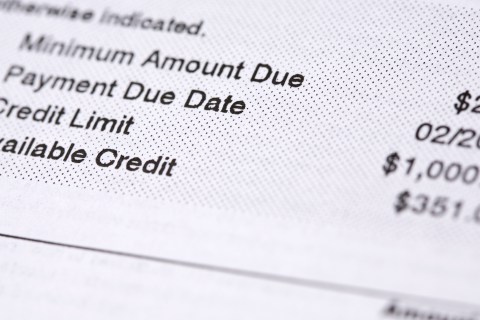How to Pay Your Christmas Bills
 Friday, December 27, 2013 at 08:48AM
Friday, December 27, 2013 at 08:48AM  Christmas has come and gone. I am in debt so deeply I have no hope of paying back what I owe, but this debt brings me hope and joy. I am in debt to God’s great Incarnational act of love.
Christmas has come and gone. I am in debt so deeply I have no hope of paying back what I owe, but this debt brings me hope and joy. I am in debt to God’s great Incarnational act of love.
Hidden in the North American holiday habit of excess and over-spending is a parable. The bank of Heaven extended me a line of credit so vast it cannot be calculated, and I drew on every bit of the amount. Our great debt to God is love. And like all great debt, the only way to pay it back is a little at a time, each payment a reminder of the grand total.
To stretch this simple metaphor to its ultimate degree, the Bank of Heaven has many locations, currently approaching seven billion on the planet: since all humanity is made in his image, everyone becomes a location where I can present an installment on so happy a debt.
If you have been taught that the only meaning of grace is free-forgiveness you will certainly take issue with this line of thinking. “That’s what grace is all about,” you protest, “we cannot pay the debt of sin, nor should we imagine we could ever earn our way to heaven.” In our day this particular truth is too true, yet I am not talking about sin. I am talking about something as different from sin as water is from sand. I am talking about the Father’s love. If Christmas were only about divine rescue from sin, then the sin-debt—paid in full—would be the end of the issue. When we understand that Christmas is not about our sin but rather God’s great love, we will see what we received at Christmas was an advance upon the love of God.
The economics of the Incarnation turn every business model on its head: “For you know the grace of our Lord Jesus Christ, that though he was rich, yet for your sake he became poor, so that you by his poverty might become rich.” The prudent Apostle Paul warned against the worldly debt but encouraged the debt of love: “Owe no one anything, except to love each other.” The love of God is the currency of Heaven, the coin of our payment to one another.
His genius is not compounding interest, but compounding equity. We repay the love debt with the very substance of the original act of God’s great love. All across the world, the love of God is repaid in acts of kindness done in his name. The effect is ever-increasing love, the source—and the payment—of our joyous debt.


Reader Comments